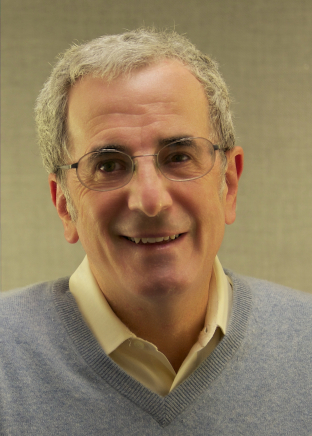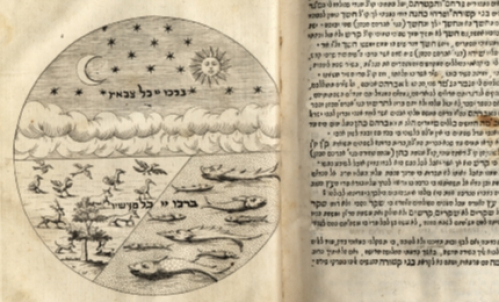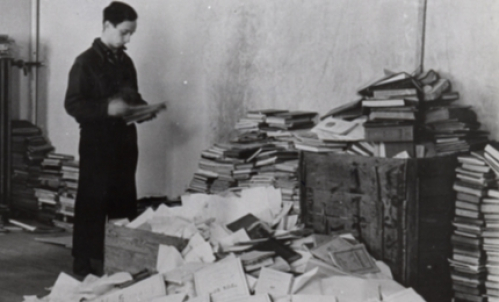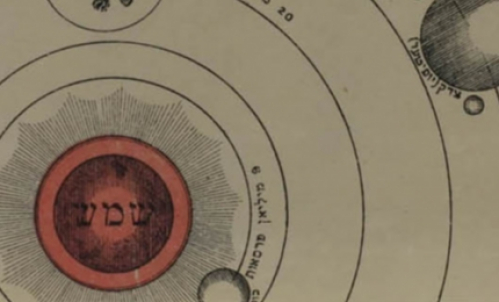Jews, Communism, and Espionage
Instructor: Harvey Klehr
3 sessions, Wednesdays
Tuition: $250
YIVO members: $175
The Jewish role in the Communist movement has been fodder for anti-Semites and a source of concern for the Jewish community for decades. In this course we will examine the impact and significance of Jews in the American Communist movement from the Party’s founding in 1919 through the 1970s and then look at those American Jews who spied for the Soviet Union. What were their motivations? Why were so many Jews attracted to communism? What finally drove so many of them out of the CPUSA?
In the first session, among the questions we will consider are: how extensive was Jewish involvement in the CPUSA, how did it change over time, what problems did it cause the CPUSA, what was the Jewish role in Party leadership, what impact did Soviet positions on Jewish issues have on Jewish members of the party?
In the second session, we will discuss the extent of Soviet espionage in the United States, particularly in the 1930s and 1940s. To what extent was Joseph McCarthy’s anti-Communist crusade based on reality? How reliable is the evidence about Soviet espionage?
In the third session, we will focus on the Rosenberg Case. Was the conviction and execution of the Rosenbergs driven by anti-Semitism? What new evidence about the case has emerged from American and Russian archives in recent years?

Harvey Klehr is Andrew Mellon Professor of Politics and History and former chairman of the Political Science Department at Emory University where he has taught since 1971. He is the author or editor of thirteen books, three of which have been nominated for the Pulitzer Prize. Spies: The Rise and Fall of the KGB in America, was published by Yale University Press in 2009. He has also written more than 120 articles and reviews for professional journals as well as Commentary, The New Republic, New York Review of Books, Wall Street Journal, and Weekly Standard. He was the recipient of the Emory Williams Distinguished Teaching Award for Emory College in 1983 and was recognized as the University Scholar-Teacher of the Year by Emory in 1995. He served as a member of the National Council on the Humanities from 2004-2011.



